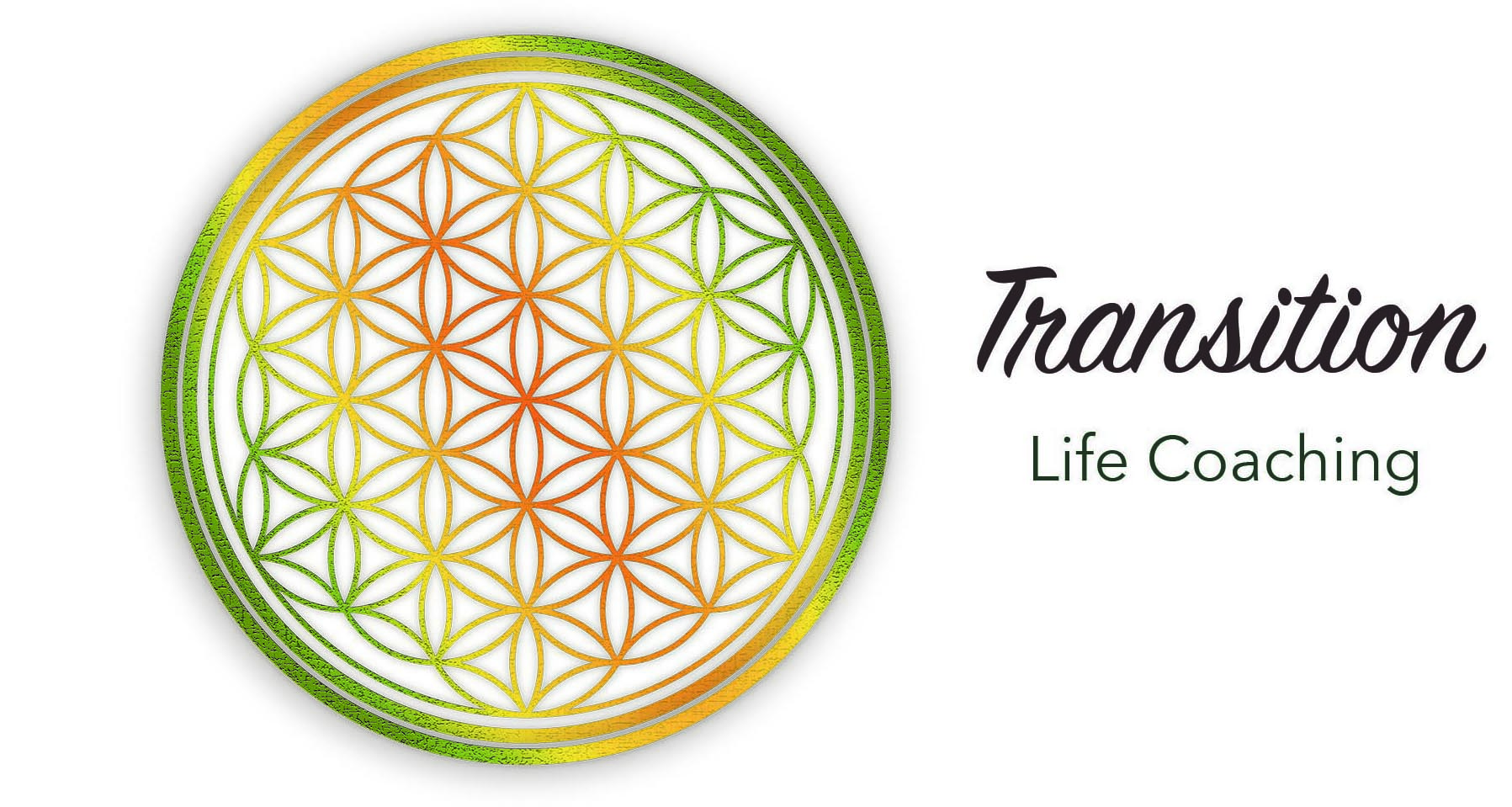Life is a series of ups and downs; how well we weather these ups and downs can depend on a number of factors. For instance, if you are dealing with physical issues like chronic headaches, fatigue, or stomach issues, it can make you more irritable and more anxious, which creates a vicious cycle of physical and emotional symptoms.
Most healers, counselors, and alternative therapy workers will have the same message: be positive! Try to look at the bright side, try to affirm what is good in the situation with gratitude.
While it’s good to have gratitude for what you have, and that can be helpful, it is not only unhelpful to tell someone going through a negative cycle to “be positive”, it can actually be harmful.
I will return to an example that I used in another post—driving anxiety. Due to a series of built-up traumas due to overexertion and expectation in other areas of my life, I suddenly found myself unable to drive even short distances without terrible anxiety. My limbs would freeze up, I couldn’t do more than 25 miles an hour around any curve, and I had heart palpitations and my whole body shook through the whole trip, even if no one was around me. I was usually drenched in sweat and shaking by the time I got to my destination. When I wasn’t driving I had severe heart palpitations, and my legs suddenly developed a rash and swelled up. Neither CBD oil or similar products, anti-anxiety meds, or anything else helped calm the situation—they literally just didn’t work at all. The only thing that DID work was alcohol; in reasonably small doses, a drink or two could take the edge off, enough for me to drive normally. However, driving under the influence is illegal, and anyone who knew that I had to occasionally resort to that was extremely judgmental; they usually said hurtful things about me using it as an “excuse” and my inability to drive was just me being “stupid” and “thinking negatively.” I had others tell me, “I don’t get it. Just step on the pedal and drive faster. What’s so hard about that?”
Just like those dealing with chronic anxiety and depression—those not suffering from it had no clue how debilitating it was, and feeling like I was a bad person for not being able to get over it just made it one hundred times worse.
Any responsible counselor helping someone through depression, anxiety, or trauma would never write the situation off in this manner. And yet they may also be reliant on medications, which could be helpful if they actually worked. In my case, they just don’t. Talking it out didn’t really help either.
So, what can someone do who is going through this kind of trauma? What would I do for such a client?
First—it is absolutely okay to be “negative”. Anger, depression, anxiety, sadness, and similar emotions are there for a REASON. They can be there to protect us from harmful influences, or to make us stop running a course that is bad for us, so that we can reflect and recover.
It’s not about banishing negativity—it’s about maintaining balance and integrating the message of the negativity into the body in a helpful way. Or, it may be about releasing things we’re hanging on to that no longer serve us. Usually these are narratives imposed on us by others, or ones we impose upon ourselves to meet the demands of others. This kind of conflict allows us to examine what is AUTHENTIC in our lives, and to face up to what is healthy for us, and what needs to go.
Time is a major factor; in our society we are busy all the time, running around frantically to show that we are being productive members of society, team players. So, when things go awry, we are unable to take a break. We may literally not be able to take a break because of our job or family situations.
These breakdowns may occur to force us to make time. As inconvenient as it may be, we have to find time somewhere to work through things. And we can’t be afraid to ask others for help.
For me, the COVID lockdowns had a benefit—I didn’t have to drive to work every day, and I had time to heal the trauma induced by driving. My driving has mostly returned to normal at this point, and it recovered because I had the space to NOT drive for awhile, and to regain my confidence when I did go on the road. I know I’m not the only one in that situation.
If you suffer from this kind of trauma or something similar—how can Liminal Reiki and Guidance help?
Tarot readings: Using Tarot and other oracle systems, we can get a snapshot of what is going one, what blockages are causing the frustration and suppression. Once we talk about what is causing the blockages, we can look at a plan of action—and this will include giving things time.
Grounding and centering meditation: It is important to remain grounded, connected to nature, and to yourself when you are in a negative emotional state. Meditation can also help you detach from the negative emotions, and view them from a distance. You get a better sense of the “flow” of your feelings. Those who are very severely depressed or anxious should see a doctor or professional counselor to look at treatment options, to avoid difficulties that arise from those kinds of imbalances.
Reiki therapy and essential oils: In such cases I always do Reiki to help the client calm down, relax, and find their center. I use a variety of oils on chakra points that I am guided to, in particular Young Living’s Trauma Life oil, as well as others that provide centering and calming. I may also recommend carrying a grounding stone like hematite or obsidian to help with calmness and clarity.
The goal here is to bring the client into a centered, grounded state, even if they still feel negative emotions. We want to observe the emotions and the message they have for us. One should never act spontaneously on negative emotions; thinking is one thing, acting can be another, and we want to be in a centered place before we make any rash decisions. Pain and negativity can be an opportunity for us, even if it is an admittedly unpleasant one. The Liminal Reiki and Guidance system can help you move through that process step by step.
Traumas do not go away overnight; it takes time to let go of or integrate these shadowy, negative experiences. Learning to accept yourself and where you’re at is key to moving ahead.


Recent Comments